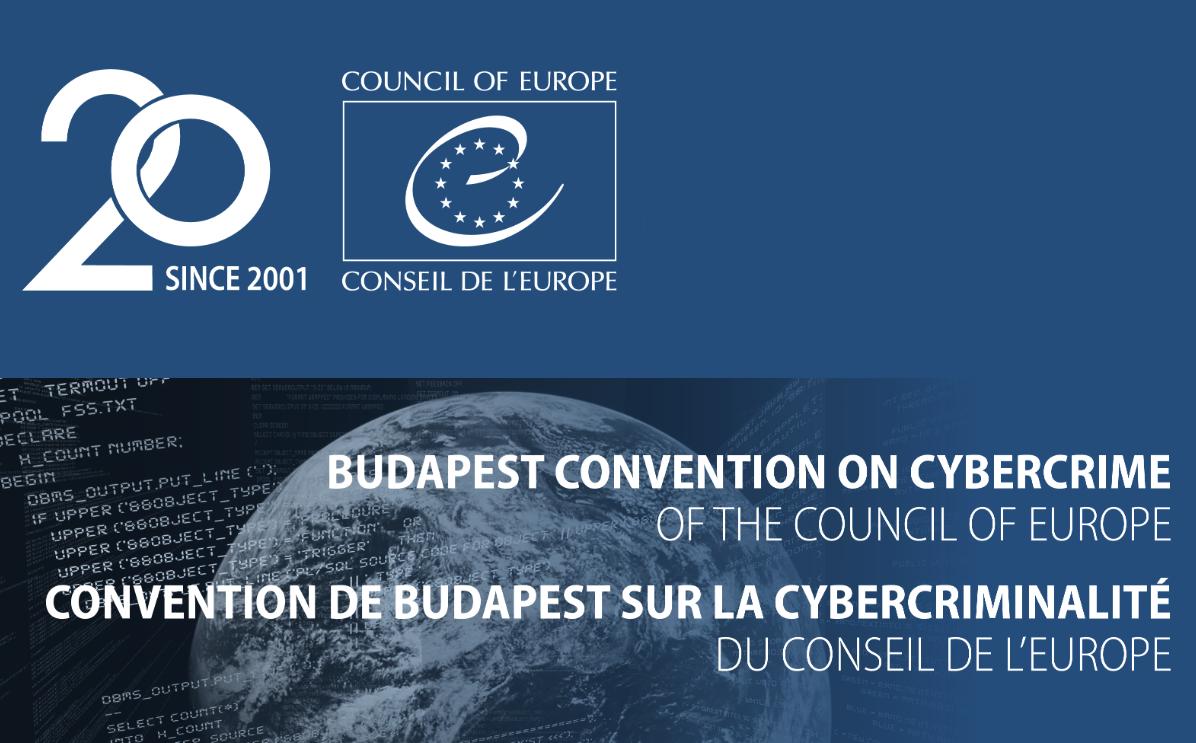The Tunisian Parliament has given its approval to a bill relating to Tunisia’s accession to the Council of Europe Convention on Cybercrime, adopted in Budapest in 2001.
Read more: Tunisia joins the Budapest Convention on CybercrimeDuring a plenary session, Parliament confirmed the vote in favor of the text with 115 votes in favor, 12 abstentions and 9 oppositions.
The bill highlights that the 2001 Budapest Convention constitutes the first international mechanism dedicated to the fight against cybercrime. Its objective is to harmonize the criminal policy of the Member States, facilitate coordination between national authorities and establish procedural rules for international cooperation in the field of cybercrime.
Nizar ben Néji, Minister of Communication Technologies, explained that this law is part of national efforts to fight crimes linked to information and communication technologies. He reported that Tunisia officially requested to join the Budapest Convention in October 2017, and the Council of Europe granted it five years to comply with its demands. Membership procedures have been finalized, with an exceptional extension approved until February 7, 2024.
The Convention on Cybercrime, also known as the Budapest Convention, represents the first international agreement to address computer crimes and online offenses, such as child pornography, copyright infringement and the dissemination of hate speech.
Its goal is to harmonize national laws, improve investigation methods and strengthen cooperation between nations. In addition, it strengthens the protection of human rights by calling on signatories to respect the Convention for the Protection of Human Rights and Fundamental Freedoms, the International Covenant on Civil and Political Rights, as well as other instruments related to international human rights standards.
The convention promotes the application of laws based on the principle of proportionality. Written by the Council of Europe, it involved the active participation of observers from Canada, Japan and China. As of November 2021, 66 countries, including Canada, Colombia, Japan, the Philippines and the United States, have ratified this agreement.
